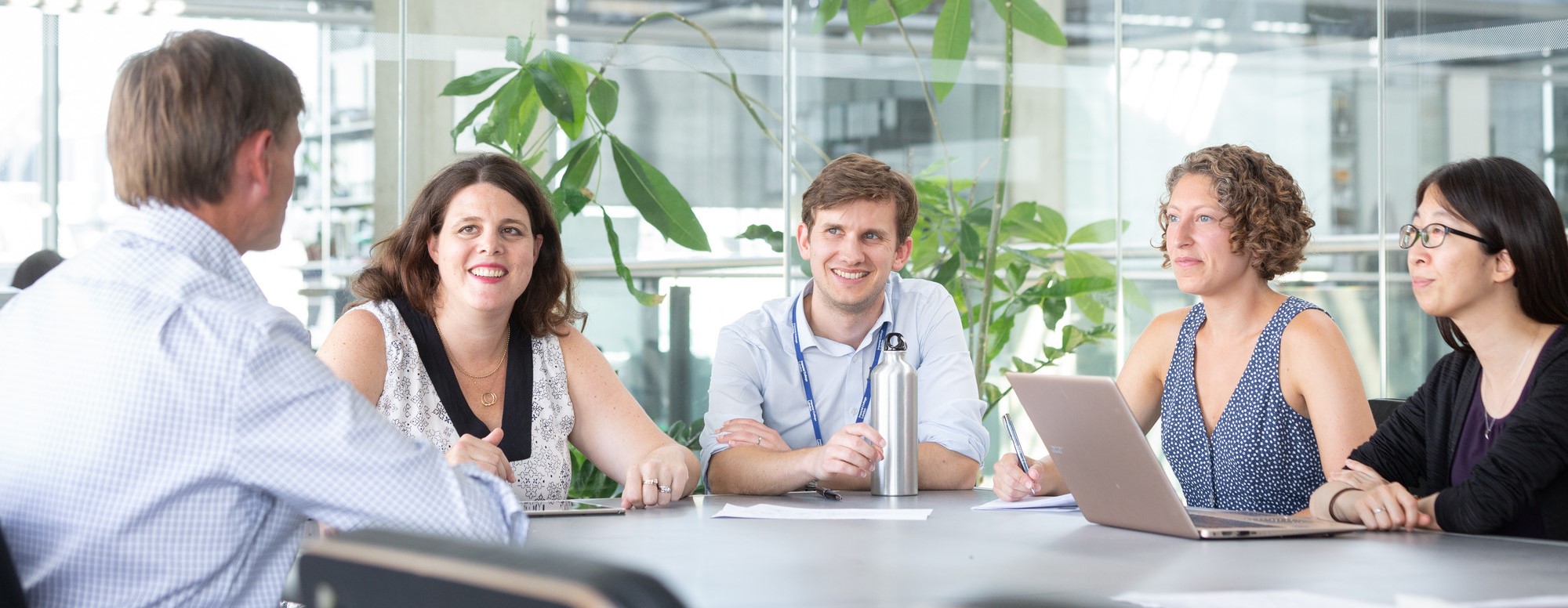Luke McCrone, PhD student, Centre for Higher Education Research and Scholarship
I attended the Philosophy and Theory of Higher Education Society conference held on 18-20 September 2019 in Leuven, Belgium. The conference focused on ‘Reclaiming study practices’ and followed an alternative format to usual.
The idea of the conference was to provoke thought about the present state and future modalities of those study practices that define university life for both staff and students: academic writing, lectures, academic research, seminars etc. (more…)

